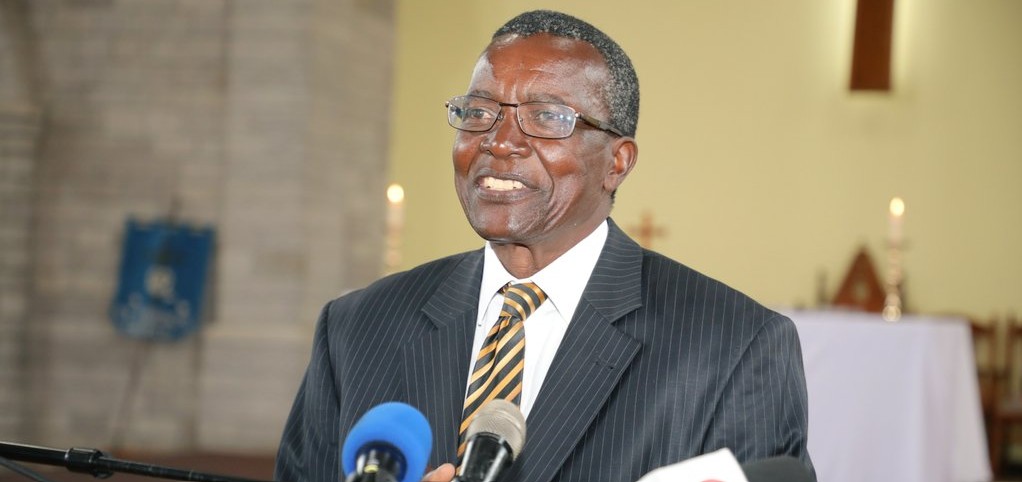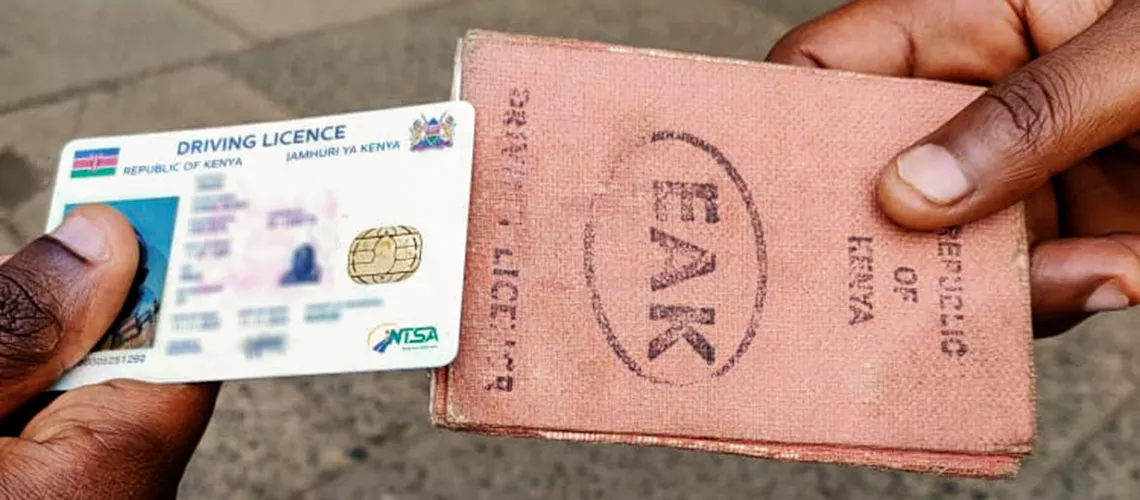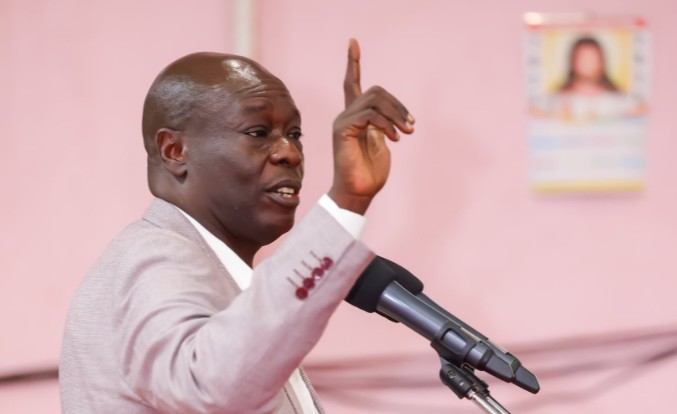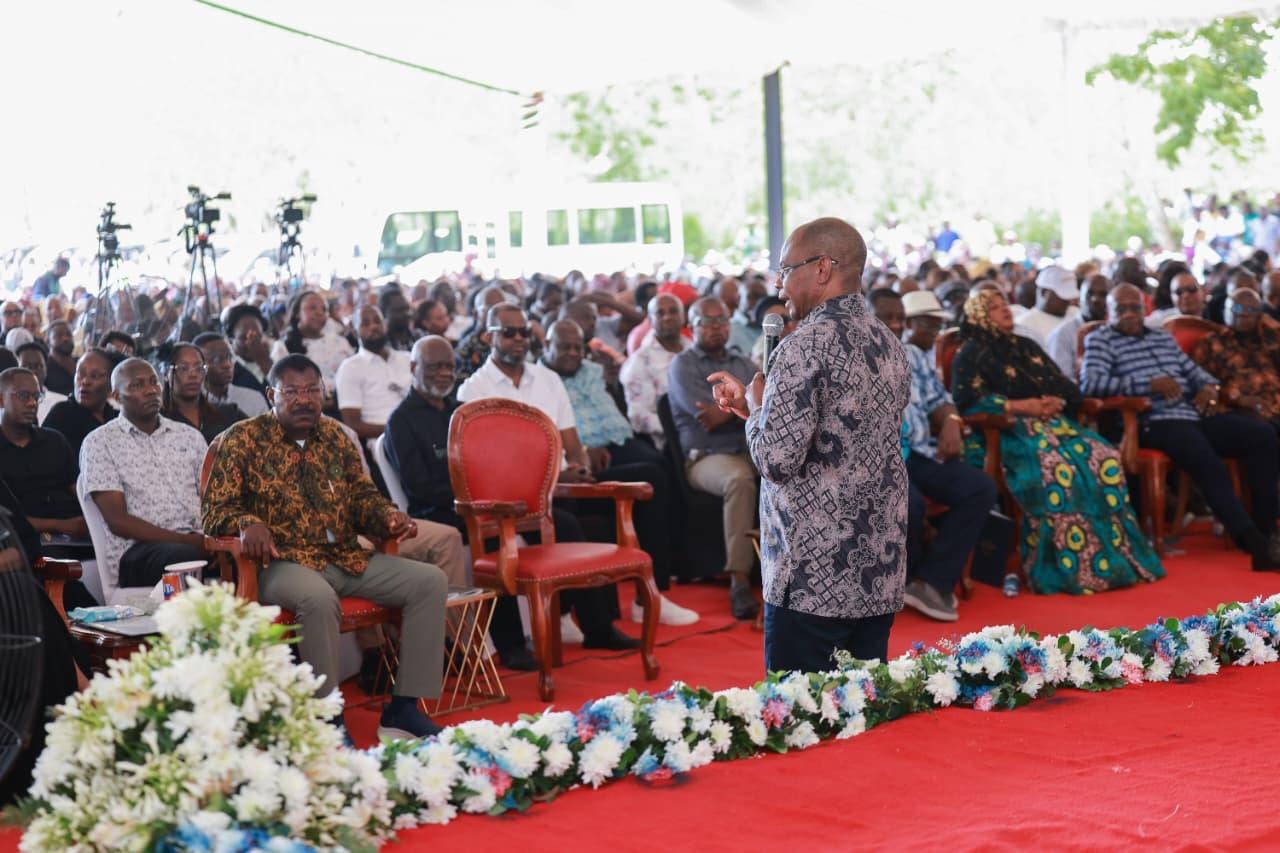Ex–CJ Maraga blasts Privatisation Bill, calls for transparency and public oversight

Maraga said the Bill—which seeks to privatise state-owned enterprises—bypasses constitutional requirements for public participation and risks concentrating wealth in the hands of a few powerful individuals.
Presidential aspirant and former Chief Justice David Maraga has sharply criticised the recently passed Privatisation Bill 2025, describing it as a “sinister economic cold war” that endangers Kenya’s strategic public assets.
In a statement on Monday, Maraga said the Bill—which seeks to privatise state-owned enterprises—bypasses constitutional requirements for public participation and risks concentrating wealth in the hands of a few powerful individuals.
More To Read
- Women and youth in marginalised communities highlight exclusion, demand action
- Former CJ Maraga condemns by-election violence, faults State for laxity
- Maraga says presidential bid driven by desire to put Kenya back on constitutional rails
- Former CJ Maraga rejects tribal politics in 2027 bid, sets coalition conditions
- Maraga stakes campaign on integrity, rejects handouts in presidential quest
- Committee calls for unified legal framework for commercial state-owned enterprises
The Bill now awaits President William Ruto’s assent.
Maraga urged Kenyans not to treat the legislation as a routine administrative measure, warning that it could reshape control over the country’s strategic assets, determine their valuation, and dictate who benefits from future revenue streams.
“This is a structural shift that will determine who controls strategic public assets, how they are valued, and who benefits from future cash flows. The Constitution requires transparency and public participation in decisions that affect the public. Those standards are non-negotiable,” he said.
He called for “full, published lists of all entities targeted for conversion or sale, complete with independent valuations, debt profiles and workforce impact assessments.”
Open public hearings
Maraga also demanded open public hearings in every affected region, with written records and published responses to submissions.
Emphasising the need for robust oversight, he said conflict-of-interest rules must be strictly enforced, including full disclosure of beneficial owners for any bidder or adviser. The privatisation process, he added, should be competitive, featuring open tendering, audited information packs and publication of all post-award contracts.
He further insisted that Parliament and the Auditor-General maintain close oversight through “detailed performance audits” and that clawback clauses be introduced to address any underperformance or breach.
Maraga said transactions involving critical national infrastructure must include “citizen oversight through defined parliamentary thresholds or, where necessary, a referendum mechanism consistent with law.”
Consequences
Citing past experiences, he warned of the consequences of poorly regulated privatisation.
“We have seen disastrous cases internationally and in Kenya, which demonstrate why such guardrails are essential. They collapse the economy and end up affecting the poor citizens, while a few individuals benefit from a heist. This was certainly the case in the 1990s when high-value public assets were sold for a pittance to some of those in power today who view this as yet another opportunity to rob Kenyans,” he said.
Maraga stressed that national assets belong to the people and must be safeguarded with the highest levels of legality, transparency and accountability.
“Privatisation is not progress if the government is afraid of following the law. Let us demand the publication of independent audits, valuation methodologies and clear transaction timelines before any further action is taken. No Kenyan job, no public interest, and no national patrimony should be risked without proof of value for citizens,” he said.
“The story of our assets belongs to the public, not to boardrooms. We will not tire to mobilise, monitor, and where necessary, litigate to enforce those standards and to protect Kenya's assets from a ruling class that does not tire from violating the law.”
Top Stories Today

















































